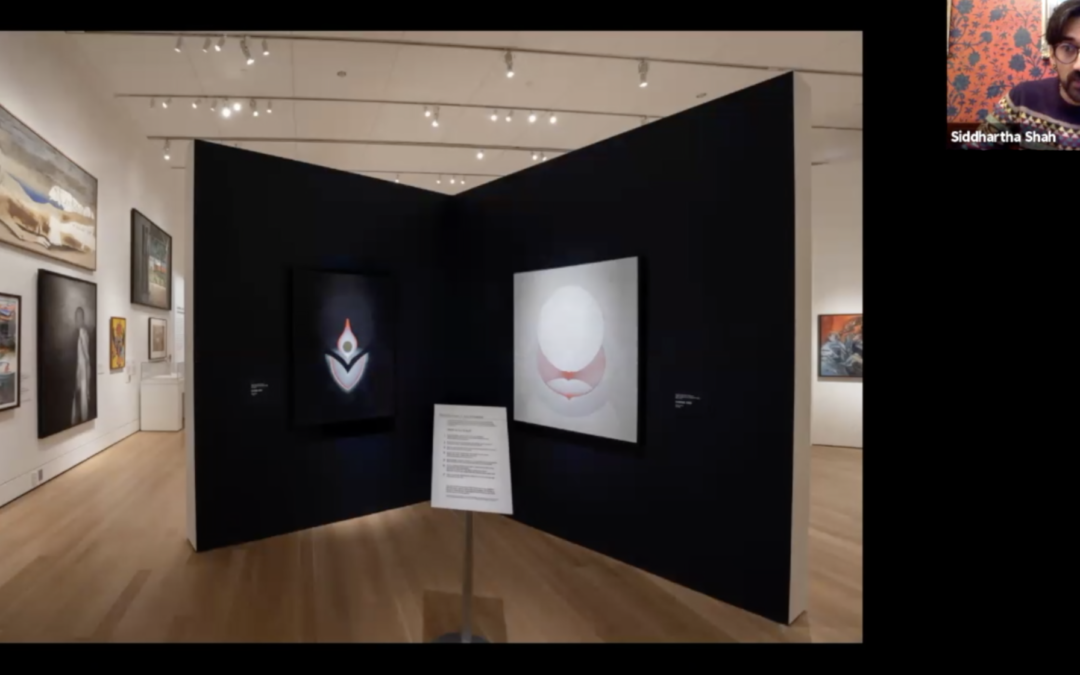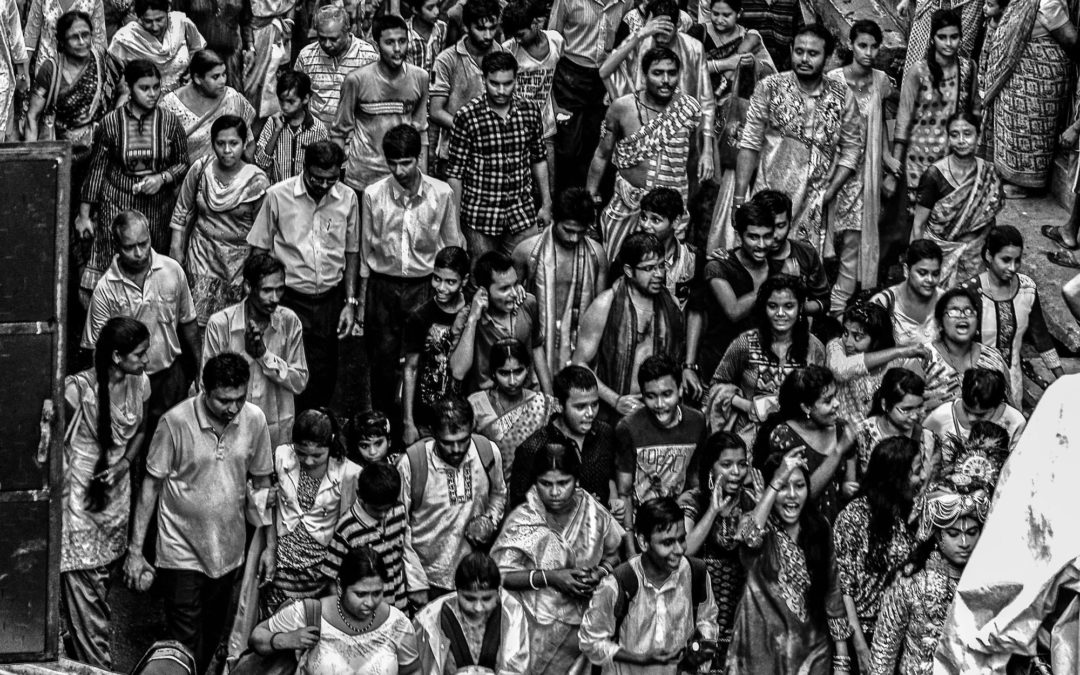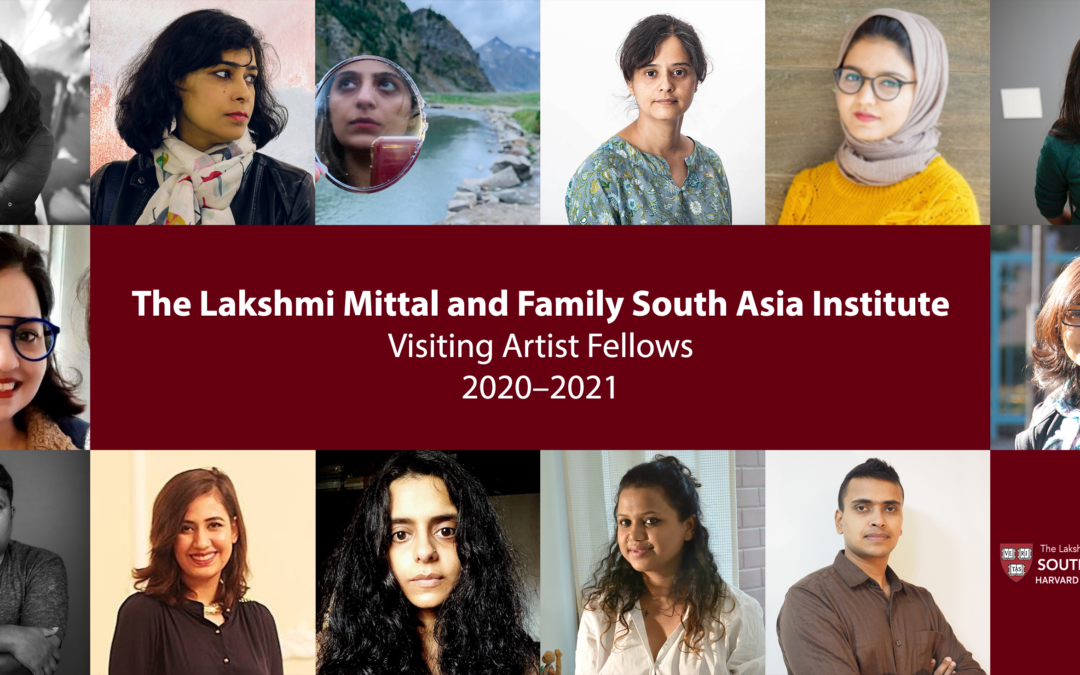Category : Fellows
Oct 27, 2021 | Announcements, Community, Fellows, In Region, India, News

Last week, the Mittal Institute announced the launch of an inaugural India Fellowship. The Fellowship will commence on March 15, 2022, and aims to support research projects that focus on the advancement of public benefit in India. This unique Fellowship offers two (2) postdoctoral researchers in New Delhi the opportunity to work with Harvard Faculty remotely and have remote access to all Harvard libraries. It prioritizes scholars who have never received any opportunities or access to Harvard resources and those whom have primarily been educated at institutions in India. The Mittal Institute sat down with Sanjay Kumar, India Country Director at the Mittal Institute, to learn more about this exciting new opportunity.
Feb 24, 2021 | Announcements, Arts Program, Bangladesh, Fellows, In Region, India, Nepal, News, Pakistan

The profound and inspirational work of our artists has not stopped despite the COVID-19 pandemic. In this magazine, we spoke with each of our fellows to discuss the inspiration behind their career as an artist, what they hope to learn during their time as a Visiting Artist Fellow, and their thoughts on the artwork they have each presented in this magazine. In the magazine’s pages, you will read the artists’ thoughts on these subjects in their own words, and we hope that it will inspire you to enter their world and see their work through their eyes.
Feb 4, 2021 | Announcements, B4 Program, Fellows, In Region, India, News

“As human health is increasingly threatened by emerging pathogens, multi-drug-resistant infections, and therapy-evading cancer cells, our understanding of the dynamics of evolution is of growing importance,” writes the research team of Ramya Purkanti, one of the Mittal Institute’s 2016–2017 B4 Fellows.
Jan 29, 2021 | Announcements, Arts Program, Bangladesh, Fellows, In Region, India, Nepal, News, Pakistan

View a virtual gallery of the artwork from our 13 2020-2021 Visiting Artist Fellows from India, Bangladesh, Pakistan, and Nepal.
Jan 21, 2021 | Announcements, Arts Program, Fellows, News

Recently, our 13 current Visiting Artist Fellows from India, Bangladesh, Pakistan, and Nepal gathered in the virtual world for the next edition in a series of four online seminars curated to support their long-term art practice. Dr. Siddharth Shah, Director of Civic Engagement and Curator of South Asian Art at the Peabody Essex Museum, taught the second virtual seminar for the Mittal Institute’s Visiting Artist Fellows on “Curating a South Asian Art Gallery.” He brought the artists together to explore the South Asian art gallery at the Peabody Essex Museum and discuss the thought and research that goes into curating a gallery, down to the keywords and labels that are used to describe and define art.
Dec 11, 2020 | Announcements, Arts Program, Fellows, News

Due to COVID-related programming changes this year, our 2020–2021 Visiting Artist Fellowship was reimagined, bringing 13 of the top applicants from India, Bangladesh, Pakistan, and Nepal to the virtual world for a series of four online virtual seminars curated to support the artists’ long-term practice. In these courses, the artists participate in thought-provoking discussions with their peers and the faculty member facilitating the class. Centering on art history, creative writing, urban design, and more, the artists will learn using Harvard’s intellectual and creative resources.
Oct 29, 2020 | Announcements, Associates, Fellows, News

This time of the year, we would normally be welcoming the new Mittal Institute Raghunathan Family Fellow to Harvard’s campus in Cambridge. But, due to the ongoing COVID-19 pandemic, the fellowship has been adjusted to meet the needs of our newly selected Fellow. Vidya Subramanian, an interdisciplinary scholar whose research interests lie at the intersection of technologies and societies, joined us virtually this fall as a Mittal Institute Research Affiliate. She will defer her in-person fellowship term to a time when she can join the team on campus to make the most of Harvard’s intellectual resources and student and faculty interactions.
Oct 1, 2020 | Announcements, Arts Program, Fellows, In Region, News

Due to COVID-related programming changes, we have reimagined the 2020-2021 Visiting Artist Fellowship. We have selected 14 Visiting Artist Fellows, including photographers, sculptors, videographers, and mixed media artists to attend a series of four online virtual seminars curated for them to support the artists’ long-term practice, while simultaneously contributing to thought-provoking discussions among their peers and the faculty facilitating the class.
Sep 23, 2020 | Associates, Fellows, In Region, India, News

We spoke with Raile Rocky Ziipao, a multidisciplinary researcher, development practitioner, and former Raghunathan Family Fellow at the Mittal Institute. He is currently tenured at the Central University of Punjab, and has recently published a book entitled “Infrastructure of Injustice: State and Politics in Manipur and Northeast India.” Raile’s research delves into the dynamics of infrastructural development in northeast India, especially in his home state of Manipur, from a socio-anthropological perspective.
Aug 14, 2020 | Announcements, Faculty, Fellows, In Region, India, News

On August 15, Prime Minister Modi will announce India’s National Digital Health Mission — underpinned by the Personal Health Record design that was proposed by India Digital Health Network (IDHN) collaborators at a Radcliffe Seminar in 2016. IDHN is a Harvard-wide research and policy collaborative that works with public and private sector partners in India to advance meaningful health data exchange with the intent to improve clinical care and population health.
Aug 12, 2020 | Announcements, Arts Program, Fellows, News

Spring 2020 Visiting Artist Fellow Numair Abbasi is a Pakistani artist whose practice draws on popular culture and anecdotes to challenge how gender is socially constructed and performed. In this video, he discusses the work behind his virtual exhibition, Everyday Encounters, with the Harvard Ed Portal.
Jul 14, 2020 | Announcements, Bangladesh, Faculty, Fellows, India, News, Pakistan, Partition

“There is nothing as epochal as the cataclysmic event that was visited upon the people of South Asia when decolonization occurred and the British withdrew during the dismantling of the British empire. That forced event — that trauma — continues to shape the lives of two billion of the world’s seven billion people today,” says Professor Tarun Khanna, Jorge Paulo Lemann Professor at the Harvard Business School and Director of the Mittal Institute. Despite the abundant historical and political scholarship on the Partition of British India in 1947, there are still gaps in our understanding of the event — and the Mittal Institute’s research team set out to change that.












